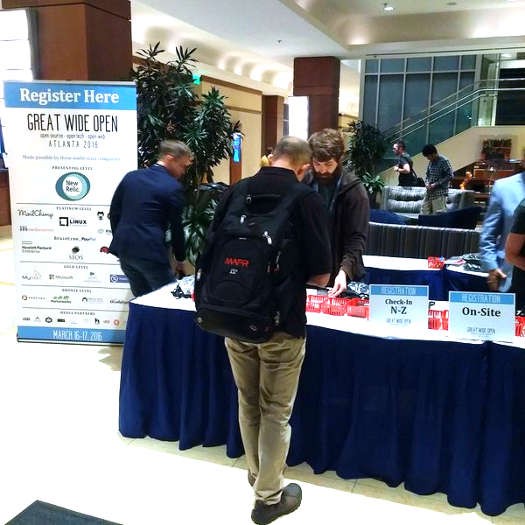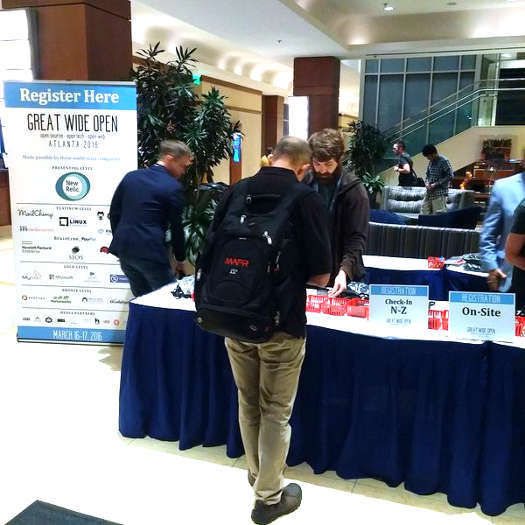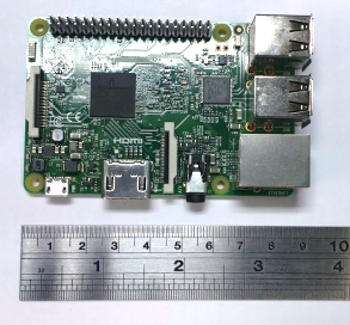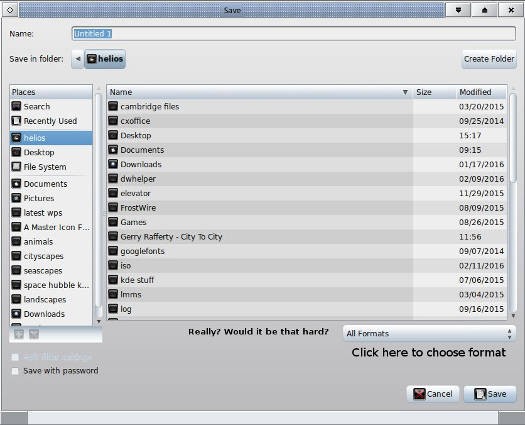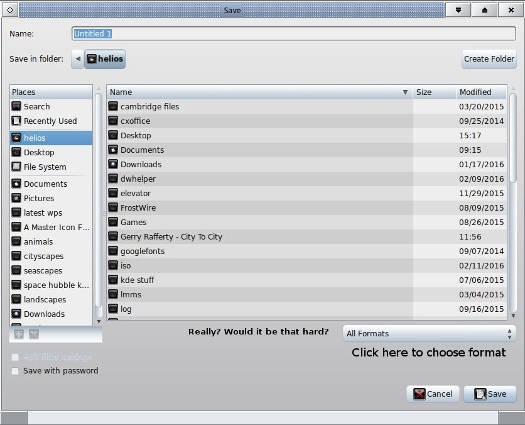In recent years, it has become common for the terms “open source” and “FOSS” to be used interchangeably. While it’s true that all FOSS is also open source, it’s also true that being open source doesn’t necessarily mean it’s FOSS.
In the early 21st century, practically anyone using GNU/Linux knew the difference between proprietary, open source, and free and open source software. In those days distinguishing between proprietary, freeware, shareware and truly free software was a piece of cake. This was in large part due to the fact that open source was a relatively new concept, with the term first receiving widespread use in 1998. There were other reasons as well, mostly having to do with the Linux users of the day.
Hardly anybody installed Linux without doing some research first, and very few installed Linux expecting it to look and act like Windows. Although Windows 95 had been out five or more years, most users making the leap to Linux were people who cut their teeth on the command line and who remembered when 640 KB was the absolute amount of RAM in an “IBM compatible,” an ancient name for the PC.
They also weren’t strangers to configuring their systems. Many users of the day could still remember installing “expanded memory” on MS-DOS machines to allow RAM to be increased above the 640 KB memory barrier to a full megabyte, “extended memory,” which allowed RAM to be extended beyond that newly established megabyte absolute, or DriveSpace to encrypt on-the-fly and nearly double the amount of data on the hard drives of the day that might be as small as 40 MB.
A majority of users could remember when home computers were rarely networked, with those that were by way of “walled garden” services such as CompuServe, Prodigy, America Online or private bulletin boards.
Christine Hall has been a journalist since 1971. In 2001, she began writing a weekly consumer computer column and started covering Linux and FOSS in 2002 after making the switch to GNU/Linux. Follow her on Twitter: @BrideOfLinux


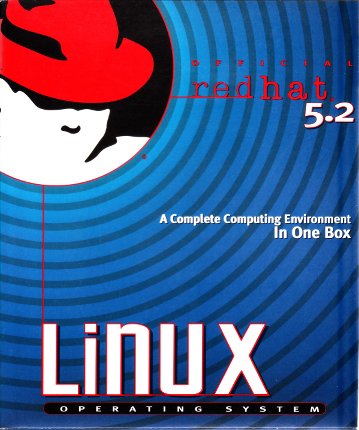



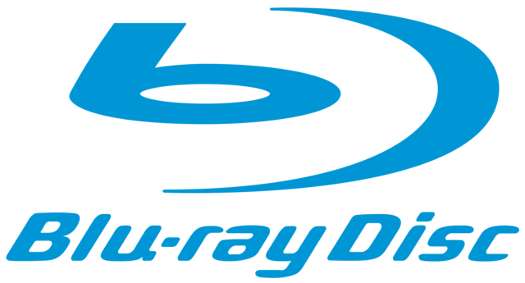
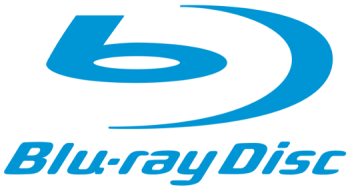 In between my articles here on FOSS Force and my Blog of Helios, I can be found most days popping in and out of my Google + stream where I engage in all manner of discourse. My stream includes, but isn’t restricted to, astrophysicists, hipsters, infantry brigade commanders, poets, slackers, delta force team members (not currently deployed), kernel contributors, distro creators, top 40 country western artists, local talk show hosts and just folks like you and me.
In between my articles here on FOSS Force and my Blog of Helios, I can be found most days popping in and out of my Google + stream where I engage in all manner of discourse. My stream includes, but isn’t restricted to, astrophysicists, hipsters, infantry brigade commanders, poets, slackers, delta force team members (not currently deployed), kernel contributors, distro creators, top 40 country western artists, local talk show hosts and just folks like you and me.
 Here’s the big surprise, especially for those of you trying to stay on top of the Microsoft tax: Choosing Ubuntu over Windows comes with a $101.50 reduction in price. That’s quite a discount — much, much more than I remember back in 2007 when Dell made its first foray into offering Linux.
Here’s the big surprise, especially for those of you trying to stay on top of the Microsoft tax: Choosing Ubuntu over Windows comes with a $101.50 reduction in price. That’s quite a discount — much, much more than I remember back in 2007 when Dell made its first foray into offering Linux.